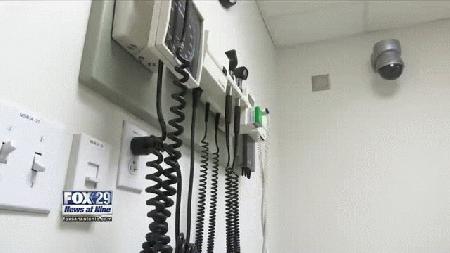
A medical breakthrough tested in San Antonio is opening doors for patients diagnosed with hepatitis C.
The virus can be deadly, but now researchers say they’ve found a cure for those suffering from advanced stages of the disease.
People like Joey Libby.
Libby was just 15 years old when he was diagnosed with liver failure.
“I was just feeling really sick,” said Libby. “Throwing up and couldn’t keep anything down.”
Joey didn’t know he had the chronic blood-borne virus, hepatitis C, but his mother, Doris, and father had it.
“If you had symptoms then you might expect something, but it was just seems like it came out of nowhere,” said Doris Libby.
Symptoms of hepatitis C include fever, fatigue, abdominal pain, and jaundice.
An estimated 3 million people have hepatitis c in the US, but 75% don’t know it because often times, they don’t have any symptoms.
Libby got a liver transplant, but just a few months later, the virus infected his new liver.
“It was just crazy and really hard to take in,” he said. “I was really sick, but I was determined to get better.”
And he did get better thanks to an experimental treatment spearheaded by Dr. Fred Poordad at the UT Health Science Center.
“This has really not only made the treatment more tolerable, but the cure rates have gone somewhere in the 50% range to in the 90% or even higher,” said Dr. Poordad.
The treatment combines the drugs: daclatasvir (which is a new drug being evaluated by the FDA) and sofosbuvir and ribavirin. Patients accepted into the trial either had a liver transplant with returning hepatitis C or had hepatitis C with advanced cirrhosis.
After taking the pills for about 12 weeks, Joey was cured.
“There is no single drug that can cure hepatitis C, but this combination is very powerful,” Dr. Poordad said.
Doris Libby also took the treatment and is cured. Now finally, Joey can live a normal, healthy, life.
Researchers hope the new drug daclatasvir is approved this fall, which would make the combination treatment more widely available.
More importantly, they hope hepatitis C in the US will be completely wiped out in the next twenty years or so.






